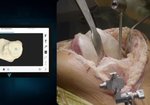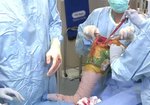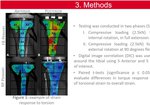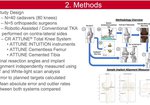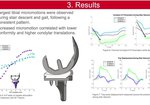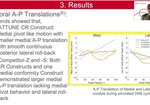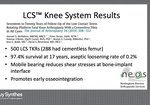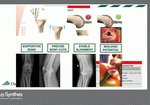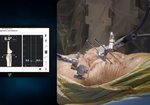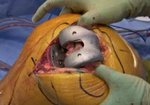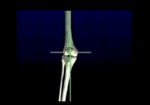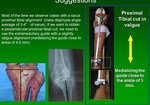Video Player is loading.
10 seconds
Playback speed
Patient Specific Alignment in Knee Replacement Surgery
Knee replacement surgery is a very successful procedure and has resulted in excellent survivorship, with 82.3% surviving for 25 years or more. However, not all patients had good function with up to 20% being unhappy. Only 0.01% of patients have a straight leg before surgery and this results in adjustments having to be made to soft tissues in order to get the leg straight.
At DePuy Synthes, we continue to look to strive for better results and improve patients lives. Patient-Specific Alignment (PSA) is a surgical approach that can be used by surgeons when implanting a Total Knee Replacement (TKA). PSA allows the surgeon to tailor your TKA so that it places the implant within your natural soft tissue envelope which is unique to you. This will reduce the adjustments which would have been required if implanting with the aim of having a straight leg.
Not every knee is the same and so not every knee replacement should be put in the same way. Each patient is unique, and PSA aims to recognize this.
This content is intended for Health Care Professionals in the United States. To view educational resources, visit www.jnjinstitute.com.
At DePuy Synthes, we continue to look to strive for better results and improve patients lives. Patient-Specific Alignment (PSA) is a surgical approach that can be used by surgeons when implanting a Total Knee Replacement (TKA). PSA allows the surgeon to tailor your TKA so that it places the implant within your natural soft tissue envelope which is unique to you. This will reduce the adjustments which would have been required if implanting with the aim of having a straight leg.
Not every knee is the same and so not every knee replacement should be put in the same way. Each patient is unique, and PSA aims to recognize this.
This content is intended for Health Care Professionals in the United States. To view educational resources, visit www.jnjinstitute.com.
Comments 0
Login to view comments.
Click here to Login


